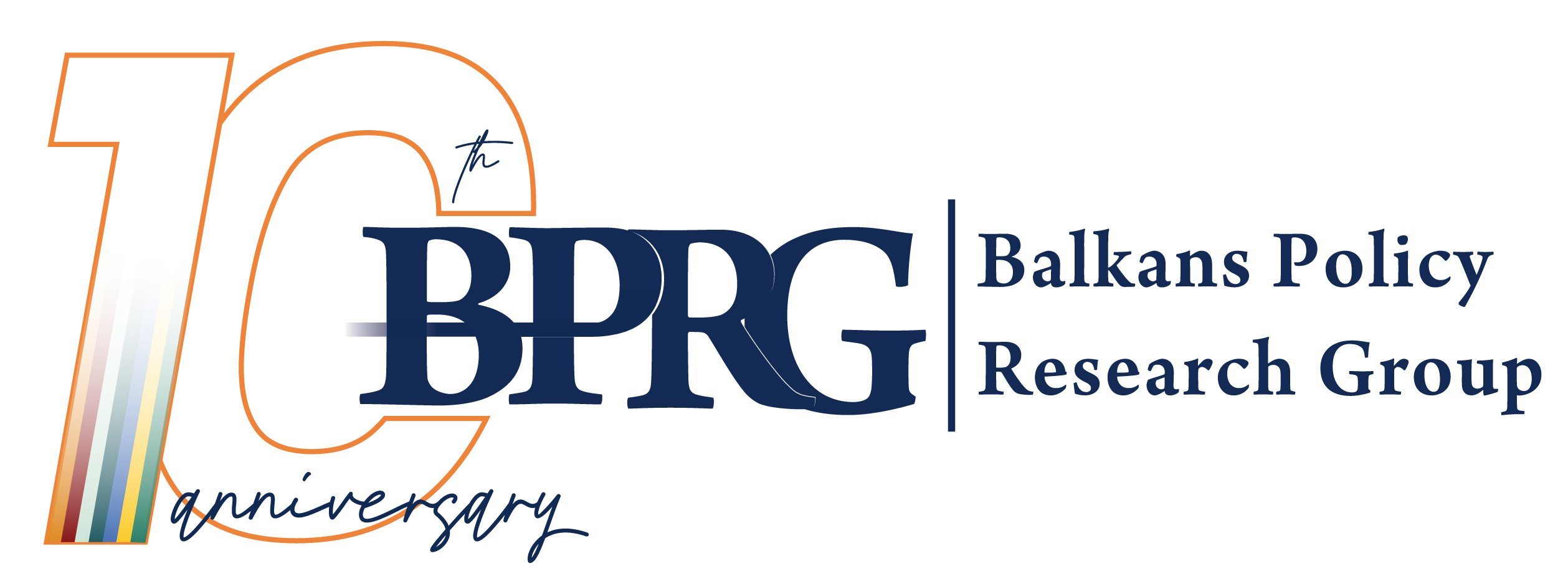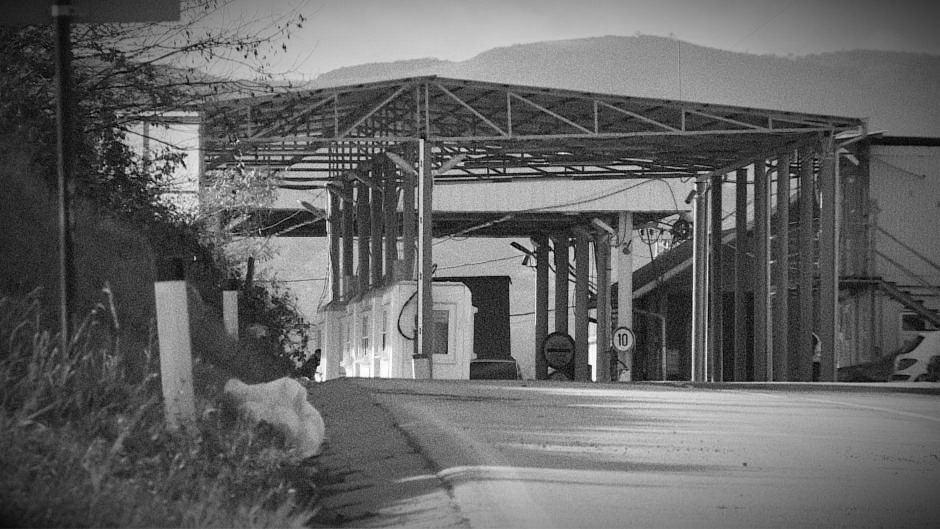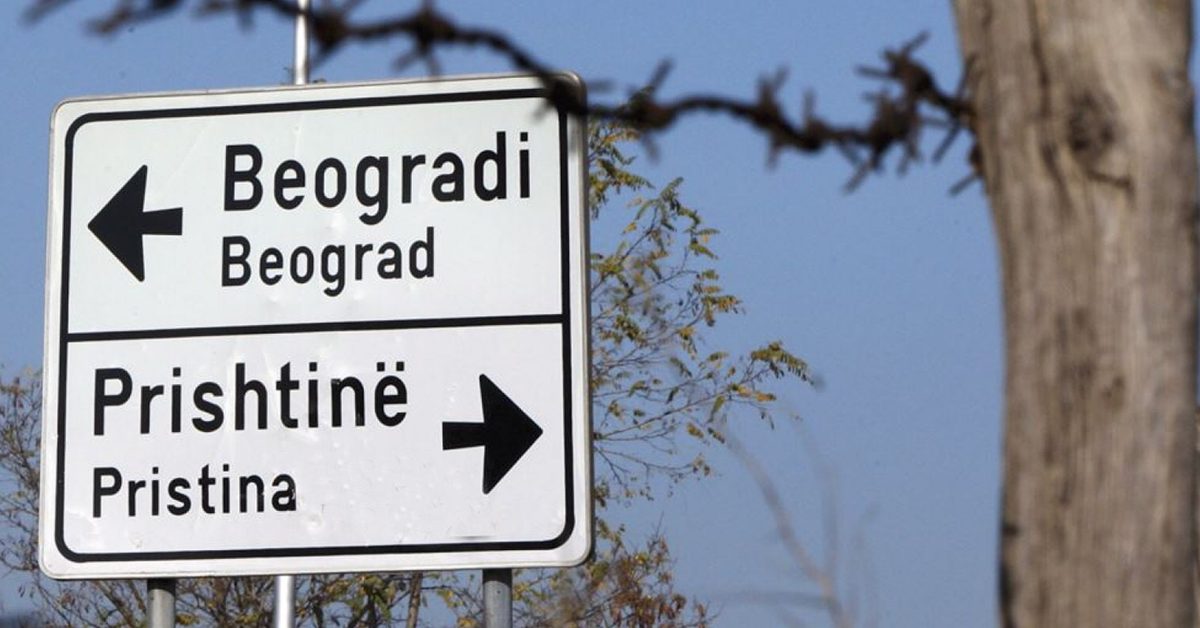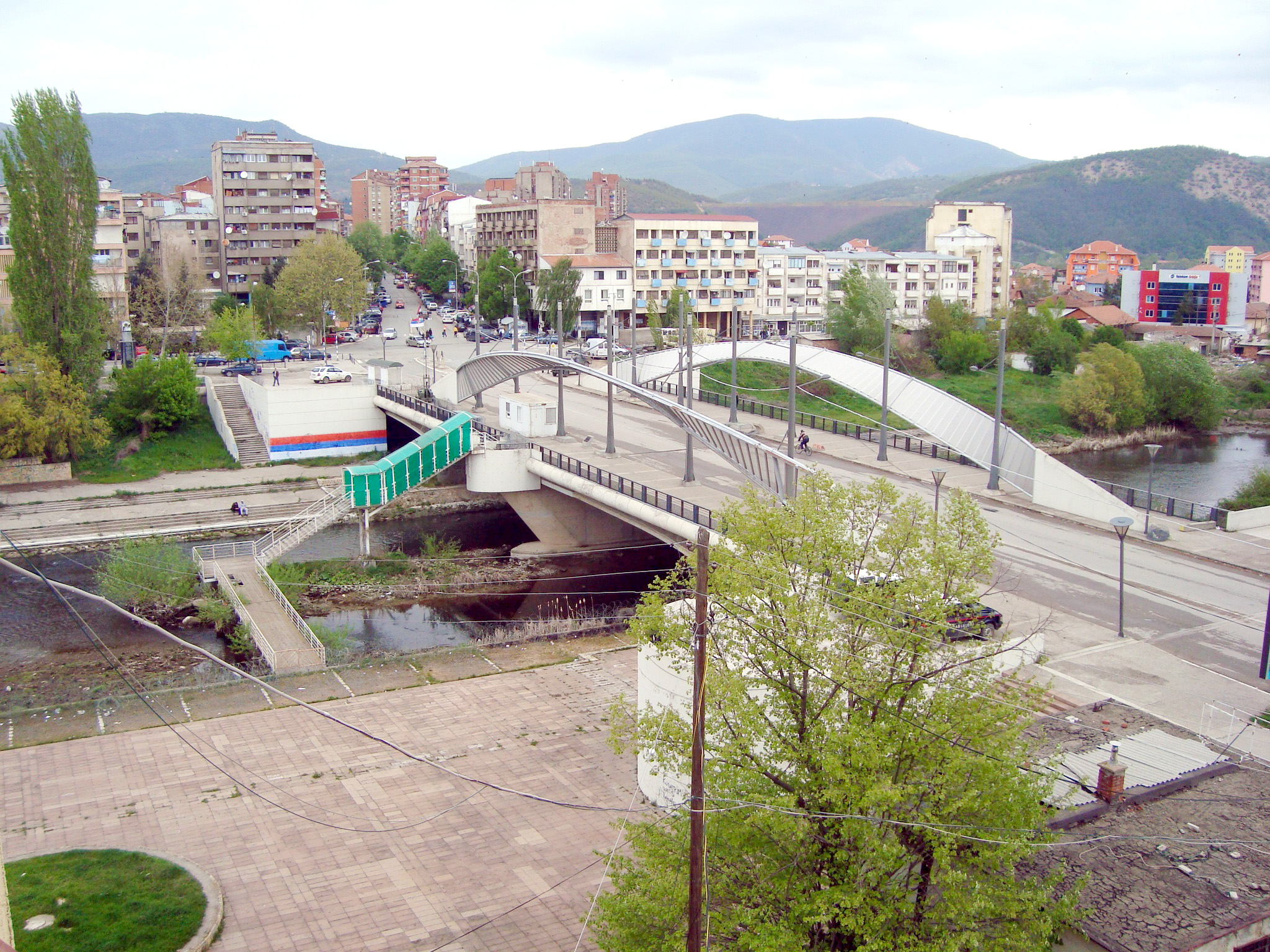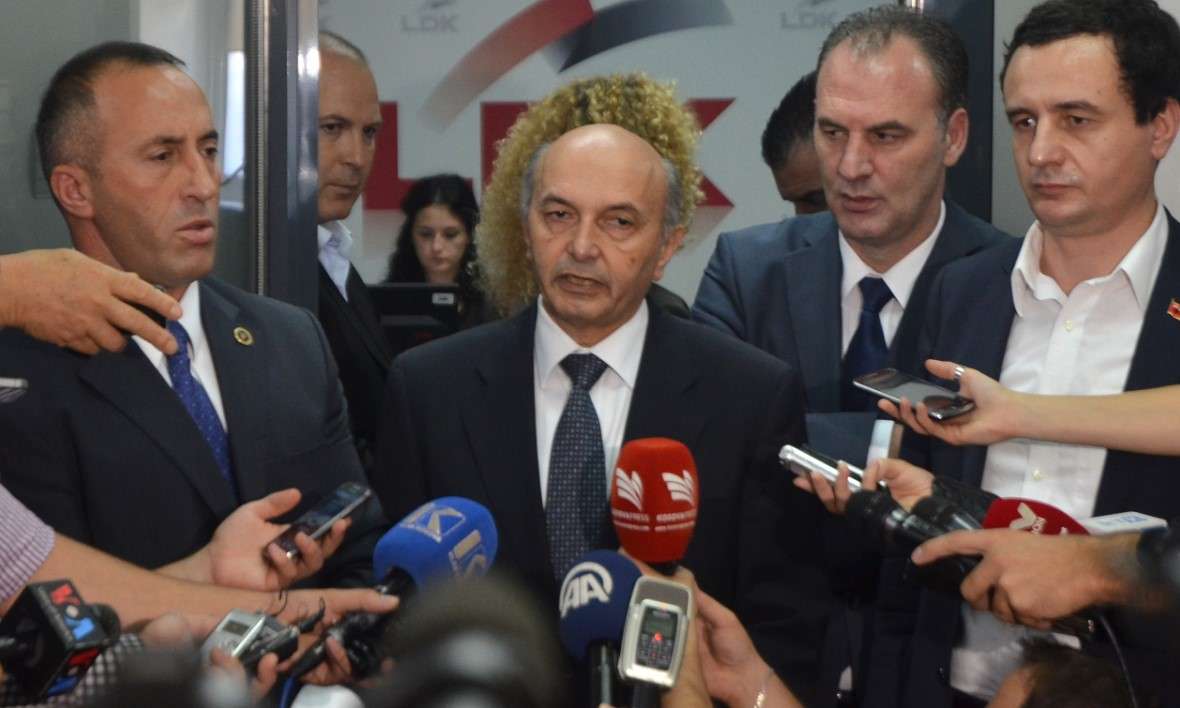The EU-facilitated dialogue between Kosovo and Serbia that was initiated in 2011 aims to promote cooperation between the governments, support their EU path and improve people’s lives on both sides i.e. the agreements reached during the dialogue affects the life of young people. The implementation of these agreements provide the youth, primarily those living in […]
The Agreement on Freedom of Movement, between Prishtina and Belgrade, signed in July 2011 within the scope of EU facilitated technical dialogue, aims to solve the problems of freedom of movement, or more specifically, answers the question how citizens can travel within Kosovo, as well as, how they can travel between Kosovo and Serbia and […]
The Roma community is one of the most disadvantaged communities living in Kosovo. Among other problems they face is the lack of Kosovo civil documents. Some Roma, for different reasons were ineligible to get Kosovo civil documents. This lack of documents impacted the further marginalisation of the members of this community. During the Kosovo-Serbia Dialogue, […]
The agreement on mutual recognition of the ADR Certificates (25 April 2016) between Kosovo and Serbia reached in Brussels with the facilitation of the EU, has contributed to the free movement of hazardous goods and allowed economic operation of Kosovo companies working in this sector, in line with European and international standards. ADR Certificate (Accord Dangereux […]
“Dear consumer, the old code +377 as of now is no longer functional. Please use the new country code +383”. This was a message that one of the mobile service providers in Kosovo was sending to its clients, notifying them that the country code has changed, after the agreement between Prishtina and Belgrade was reached […]
Within the technical dialogue facilitated by the European Union, in December 2011, Kosovo and Serbia reached the Agreement on Integrated Border Management, known by the acronym IBM. The agreement regulates cross-border cooperation, including joint crossing points, regular communication between police authorities, customs and other agencies. Reaching the agreement was made possible based on the legislation […]
Nearly 60 years of negotiations between various local administrations at the territory of former Yugoslavia about territorial impacts and infrastructure are relevant to inform technical dialog between Pristina and Belgrade. The key lesson learned over that long period is that (rare) deliberate external interventions into physical infrastructure made a profound impact to promote durable agreements […]
The technical dialogue between Kosovo and Serbia started in 2011 and resulted in 33 agreements. The agreements impacted various areas of people’s lives, including freedom of movement, civil registries, cadastral records, customs, local governance in the north, recognition of diplomas, regional cooperation, energy, telecommunication, justice, etc. Improving the lives of citizens and cooperation between them […]
Confidence in the dialogue, which was initiated with the Brussels Agreement in 2013, and led under the auspices of the EU, has been lost due to internal political constraints and the needs of the two sides, but also due to inertia and the disengagement of the world capitals. The collapse of multilateralism accompanied with weakness […]
Advocates of new elections base their argument on two points, one political and one constitutional. Legally, some say, the President’s responsibility to “guarantee the constitutional functioning of the institutions” should be read as an umbrella power that includes calling extraordinary elections. Politically, new elections offer a chance of escaping from a government crisis that is […]
